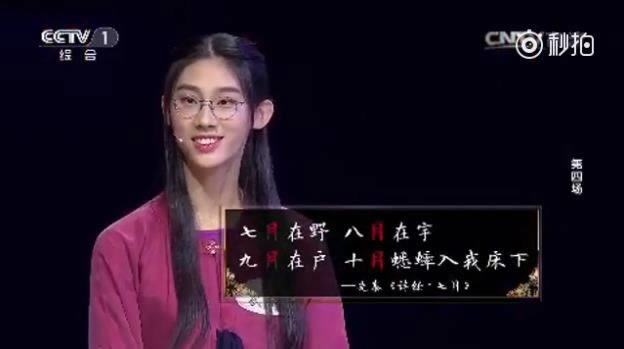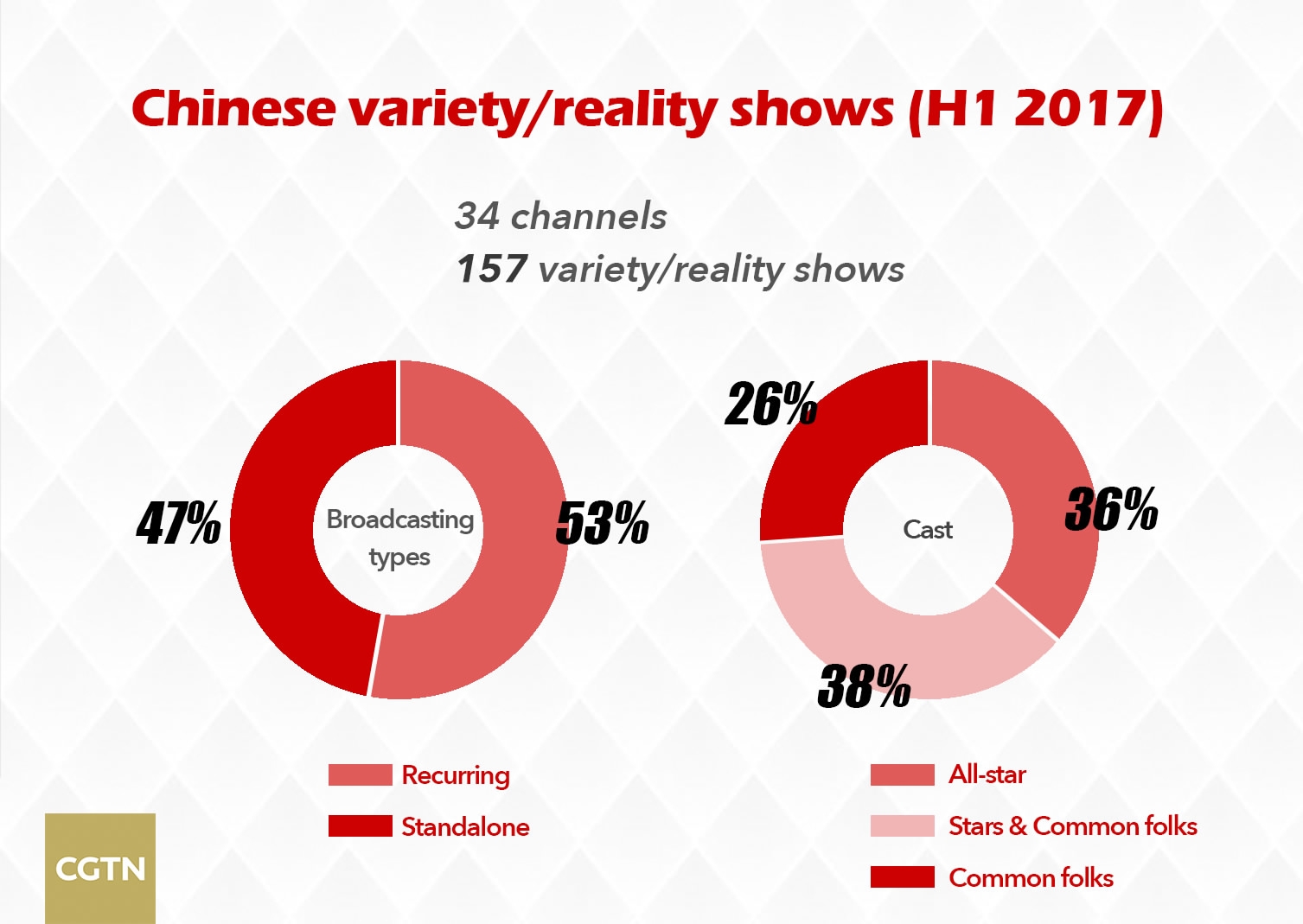China's media watchdog asked all satellite TV broadcasters to regulate their prime time content and limit the "quota" of variety and reality shows among all programs, People's Daily reported on Saturday
All channels should strengthen the regulation on TV dramas aired during prime time, avoiding "too entertaining" and sensitive materials, the newspaper said, citing a notice issued by the State Administration of Press, Publication, Radio, Film and Television.
Composite channels should stick to news-based principals and their cultural and public welfare property, while local channels should endeavor to produce high-standard programs and promote positive energies to the public, the notice read.
Variety shows and reality shows are also a major concern. The broadcasters were asked to limit the airing time of those shows involving celebrities in a bid to play down the influences of stardom among the younger generations.
The regulator encouraged TV stations to produce variety shows and reality shows combining famous stars and ordinary people, as well as original shows featuring traditional Chinese cultures.

Screenshot from CCTV's program “Chinese Poetry Conference”
It is the latest move from the top media governing body to guide the development of those programs.
Variety shows and reality shows embraced fast development in the past few years, attracting millions of viewers and investment. In the first half of 2017, there were 157 variety/reality shows aired on 34 channels, ranging from singing competitions, cooking shows, talents hunt programs to travels and adventures, according to idatage.com, a big data and sample data research agency.

Source: idatage.com
However, they also raised some questions as producers behind the shows paid A-list stars with rocket-high salaries to create a buzz and increase the audience ratings.
The stars' schedules have since become a hot topic in social media. Photos of stars from shooting locations were consistently seen online. Large crowds of fans and bystanders were seen gathered to catch a glimpse of stars, causing trouble to local traffic and security.
The overcrowded markets got the Chinese People's Political Consultative Committee members' attention during the "two sessions" in March.
They petitioned to better manage the reality shows amid fears that the young viewers were too addicted to celebrities and gossips.
Likewise, the Indian government also planned to establish a body to regulate the content broadcast on TV and radio in May. It recently introduced a complaint redressal mechanism so that audiences can file complaints against TV or radio programs they may find offensive, according to indiantelevision.com.
In Britain, the broadcast regulator Ofcom made a similar move this April. In the face of the near "extinction" of children's TV programs, Ofcom ordered the country's public service broadcasters to invest more money and time on those programs as a 93 percent fall in spending by commercial channels was witnessed since 2003, The Telegraph reported.










